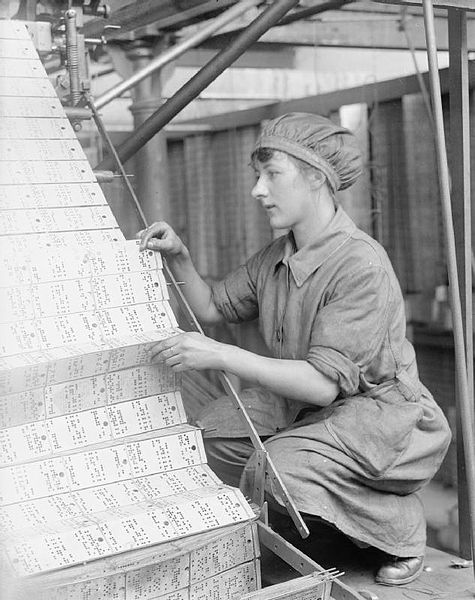Michael Jordan refused to sport the Reebook logo on the podium at the 1992 Barcelona Olympics. He draped his shoulders with the American flag instead.
Category: Operators
Amazon: King of the Jungle
Whoever owns, collects the data, if you have access to it and rights to data, then you are king. It’s all about the data. Everything.
Robert Frederick, Fmr. Sr. Manager, Amazon Web Services
Built in the Operating System
With their operating systems, Google and Apple build in surveillance for tracking spread of virus
Google and Apple add to geolocation tracking with more detailed tracking of person-person interaction. They will able to track proximity of individuals with Bluetooth. If an individual is COV-19 positive, then that individual and the others would be notified.
They say that the data will be anonymized and stay on the phones and will not collate into the rest of their data. Given the safeguards, this seems like a reasonable response.
With masks, we blunt the virus
“Putting a mask on yourself is more on protecting others than yourself. We’re each protecting each other, because…it is more efficient to prevent transmitting to others than it is to prevent transmission to yourself. But you can completely cover that ballpark if, essentially, universally, when people go out and are in a situation where they might come into closer contact that they wear that mask.”
Dr. Anthony Fauci on PBS Newshour
National Emergency
With our bodies, we insulate others from virus for our common good.
If we do not direct our attention to insulate virus from others, the collective systems we rely on will collapse.
- Workers get sick. How will we continue the bare functions of the country?
- People without jobs get sick. How will they pay for necessities, like medical care?
- Incarcerated people get sick. How will they remain there?
- Homeless people will get sick. Will we let them die in the streets?
- Police get sick and their team will be quarantined. Who will protect us?
- Healthcare workers get sick. Who will serve the sick?
Civic Engagement in Milwaukee
The mission [Angela Lang, the executive director of Black Leaders Organizing for Communities] explained to me, “is to increase the quality of life for black people in Wisconsin by expanding their idea of civic engagement. Civic engagement isn’t just voting—we have folks on staff that can’t vote in 2020. It’s also learning about the difference between city and county government, about how to talk to your alderperson or county executive. We ask people what issues they have—say they want speed bumps—and we identify the process to get that issue resolved. People feel they don’t have the power to make a change, because they don’t understand where they fit. We help them understand their power.”
Joseph O’Neill, “How Milwaukee Could Decide the Next President“
Clearview of the Future
Clearview compiles and collates images of faces online with an associated name. With facial recognition software, Clearview identifies almost everyone with a photo online and trades that match for money.
Currently, Clearview’s target market is law enforcement. As this program is for Clearview’s sole benefit without any regulation or restriction, and the company must survive or die, they will inevitability expand to larger markets including individual consumers and corporations. This makes privacy in public not possible and enables more detailed surveillance.
Mozilla privacy not included product list

Products meet basic requirements
Mozilla provides a guide on products that are designed with minimum security standards (noted with a star with laurels). These include:
- Encrypted communication
- Security Updates
- Strong Password requirement
- System in place to manage vulnerabilities
- Privacy Policy for the device
Degree of privacy
Products are also listed from “not creepy!” (Switch, Sonos, Kindle) to “super creepy” (Ring cams, Facebook Portal).
Modern automation and the loom
In 1804, Joseph Marie Jacquard invented an attachment to a loom. A precursor to modern computing, this attachment was a punch card system. Each punch in a card directed a thread to a programmed place on a loom. For the owner operator, this resulted in quicker production and more intricate patterns.
With punch cards in a Jacquard-driven loom (tool), the owner operator controlled the sequence of operations, namely the position of thread on a loom, for quicker and more intricate fabrics (effect). Many loom workers lost their jobs and smashed these automated looms in protest.

Cultural expectation and responsibility for the effects of social media
It is not just government regulation. It is creating the cultural expectation that if you want to build the biggest informational ecosystem, you have to feel responsible for what the results of it are.
Andrew Marantz (paraphrase) on Press Play with Madeleine Brand